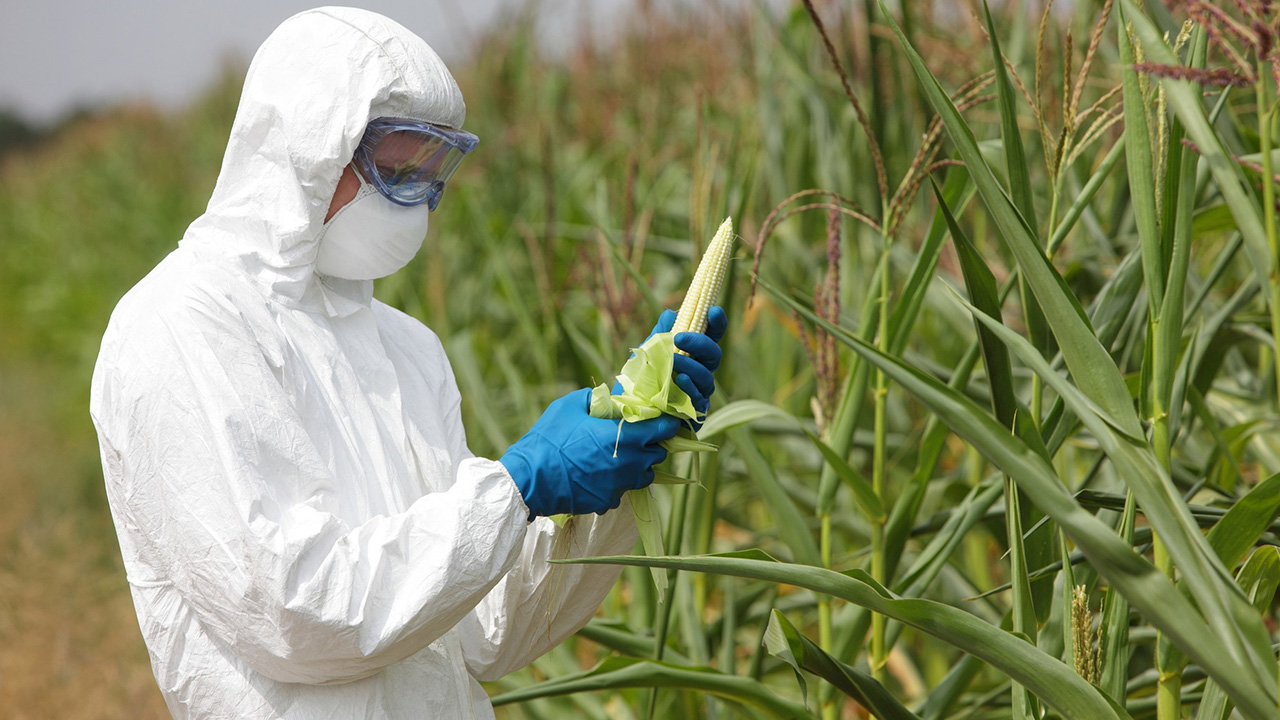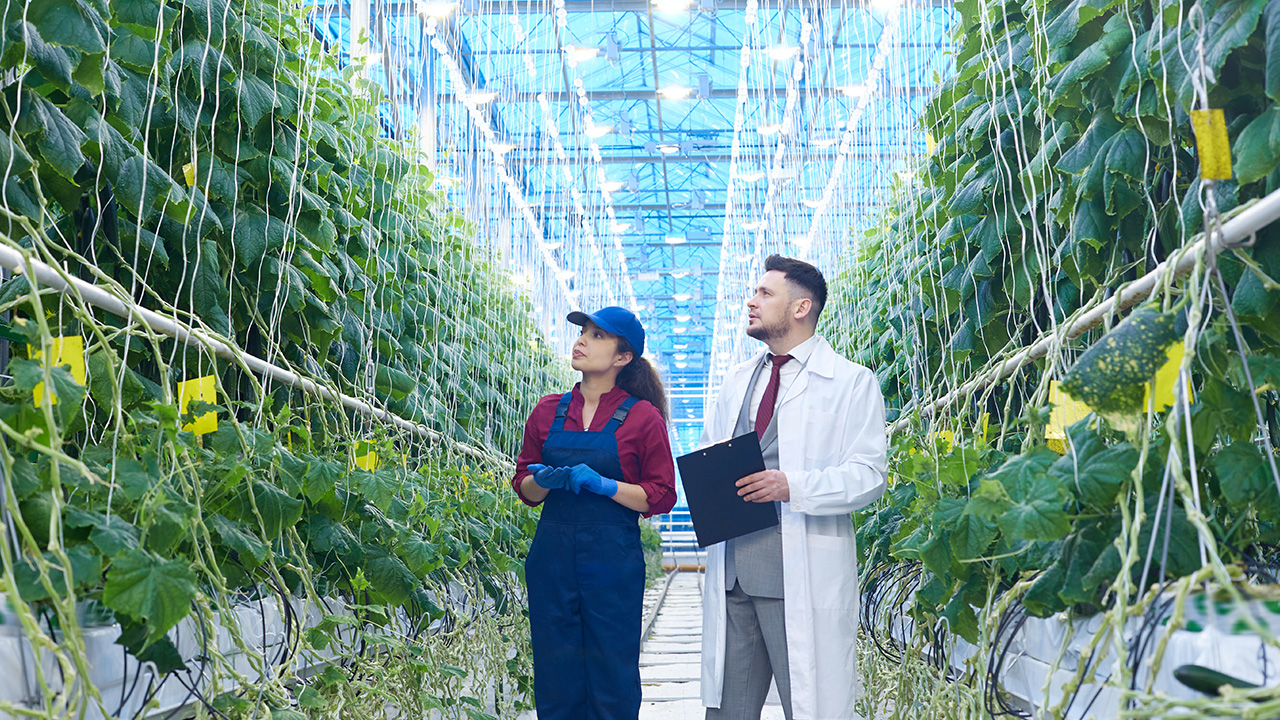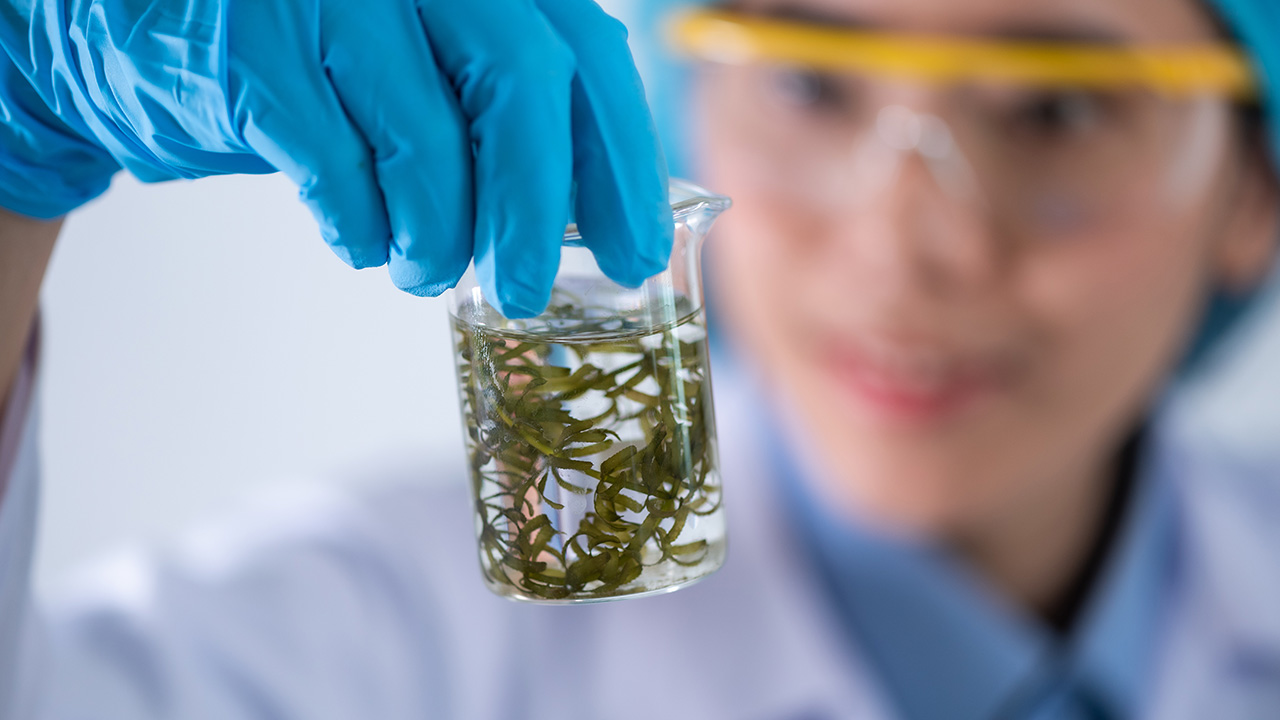GMOs are a trending topic in the media today – but what’s it all about. Should we include these plant and animal food sources in our diet? Can we accept that GMOs are good and safe to eat? Before we discuss the reasons why GMOs are good, let’s see what they are first. GMOs stands for Genetically Modified Organisms. Advances in genetic engineering have opened a new era for farmers and researchers to control organism traits changes.
Now, we can combine genes from different species to enhance the performance of the successive generation. Soil bacteria, plants, and animals are examples of genetically modified organisms (GMOs). So, if you’re yet to decide on GMOs, let’s see the top ten reasons why GMOs are good.
Table of Contents
1. Increases Crop Yield

Before now, scientists could modify crop output through artificial selection but can’t control which gene to transfer. Thanks to recent genetic engineering advancements, it’s pretty easy to select the actual gene to pass on. That said, almost everyone agrees that GMO crops produce more. For example, if you plant a genetically modified seed in your garden, the yield will increase than with an ordinary seed.
2. GMOs Tastes Better

Artificial selection has produced many sweeter fruits and juicy apples. Of course, we can call that genetic modification; but the world could become a fruity paradise through genetic engineering. In a 2007 study using a regular and modified tomato, 60% of the 37 volunteers preferred the GM tomato. Imagine the targeted flavors we could create through genetic modifications.
3. GMOs Can Help Us Defeat Climate Change

A study to examine how GM crops interact with the environment found that GMOs reduce fuel usage and tillage changes. Of course, reduced fuel use means cuts in greenhouse emissions and more excellent environmental protection. According to the study, this was like trying to rid the roads of 12.4 million cars.
Besides saving the earth, the non-GMO crop produces lower yields, requiring farmers to spend more on pesticides or herbicides. But the GMO-variety has a higher yield, requiring less application of chemicals. It also means less use of fuel and equipment on the field. Again, the good news is that you use smaller land sizes for the same food yield, reducing travel time and fuel use.
4. Helps to Fight Against Nutrition

Another reason why GMOs are good is that it can supplement the UN’s effort to end malnutrition. Deficiency in Vitamin causes child blindness, and the WHO is trying hard to combat this problem through food fortification. But increasing food production alone cannot solve this issue, but biofortification is more helpful.
So, what does biofortification means? Biofortification focuses on planting nutritious crops instead of adding nutrients to food during processing.
Currently, beta-Carotene rich rice with a yellow appearance can help save children’s lives instead of eating white rice. If this genetically engineered rice becomes the staple food of poor households, it could save millions of kids. This golden rice is still unavailable to homes in developing countries despite being safe for consumption.
5. Low-Income Farmers Benefit From GMOs

Genetically modified (GM) crops remove the enormous financial burden from farmers as they spend less on crop production. Besides, the yield is high, removing the need to buy many pesticides. It means GMOs also help small farmers to increase their earnings. For example, according to a 2012 study by the International Food Policy Research Institute and AfDB, it reports GMO crops could help farmers improve their output by 114%. In a related study in the UK, modified crops increase farmers’ income. It cited that between 1996 and 2012, farmers have gained $116 billion in revenue through genetic technology.
6. Increases Food Availability

Almost all the food in the store today is. Now, we have the technology to take wild fruits, re-engineered them for safe consumption. For example, wild bananas have many seeds, making it hard to eat. But we’ve altered it to suit our preference. The good thing is that we can change everything in the lab (plants and animals) to match our needs. Most importantly, the foods are safe and available to keep us alive.
Surprisingly, GM animals have been a reliable source of transplant organs for humans, a xenotransplantation technology. Of course, you can see the contributions of GMOs to the maintenance of human health. Again, many labs often rely on genetically modified animals for research. These organisms are bred with human genes to allow the study of specific ailments.
7. Reduction in Pesticide Use

A 2012 study proved that the introduction of pest-resistant crops had reduced pesticide spraying by 8.6%, decreasing environmental hazard. So, if you don’t want to spend more on pesticide or herbicide, use GMO plants.
8. GMOs Help to Reduce the World Poverty Rate

As expected, people in developing countries gain much from GMOs. For example, the benefits are higher yields, nourishing food, and fewer pesticides, resulting in a healthier and more productive population. However, people who oppose genetic engineering have stopped farmers in rural areas from accessing GM crops and animals. If the ban on GMO seeds and livestock were lifted in Asia, Europe, and Africa, imagine the number of people that could escape poverty.
9. Use Less Resources

A recent report states that GMOs allow farmers to harvest more crops with less land. Also, GMO farming can save up to 90% more water in the soil by reducing evaporation. Now that the world’s population is increasing, we need more efficiency and better technology to increase food production. GMO farming is one way to help pave the way to a more fruitful future.
10. GMOs’ Future Focuses on Medicine and Energy Production

We cannot leave out the energy and pharmaceutical industries while discussing the importance of GMOs. First, scientists are considering the use of microorganisms as energy producers (bio-fuel). If it works out well, the world will have a cleaner and cheaper energy source. What’s more, in 1986, scientists produced the human growth hormone in plants using various tobacco species. Since 2003, many plant antibodies are used in multiple clinical trials. Scientists are looking into the direction of producing high-value proteins in plants. Hopefully, genetically modified plants will feature in vaccines. Besides, there are plans to use vaccines food to eliminate various diseases.
Conclusion
As you can see, the reasons why GMOs are good are for the benefit of humankind’s greater good. Though there are many controversies surrounding GMOs but all in all, the benefits outweigh the negatives. What are your thoughts about GMOs and how does it impact your everyday life? Please comment below and let us know!

epic
I agree I assume this is based on real studies because all of this appears to be correct and I do hope people reading this realize how good GMOs are.